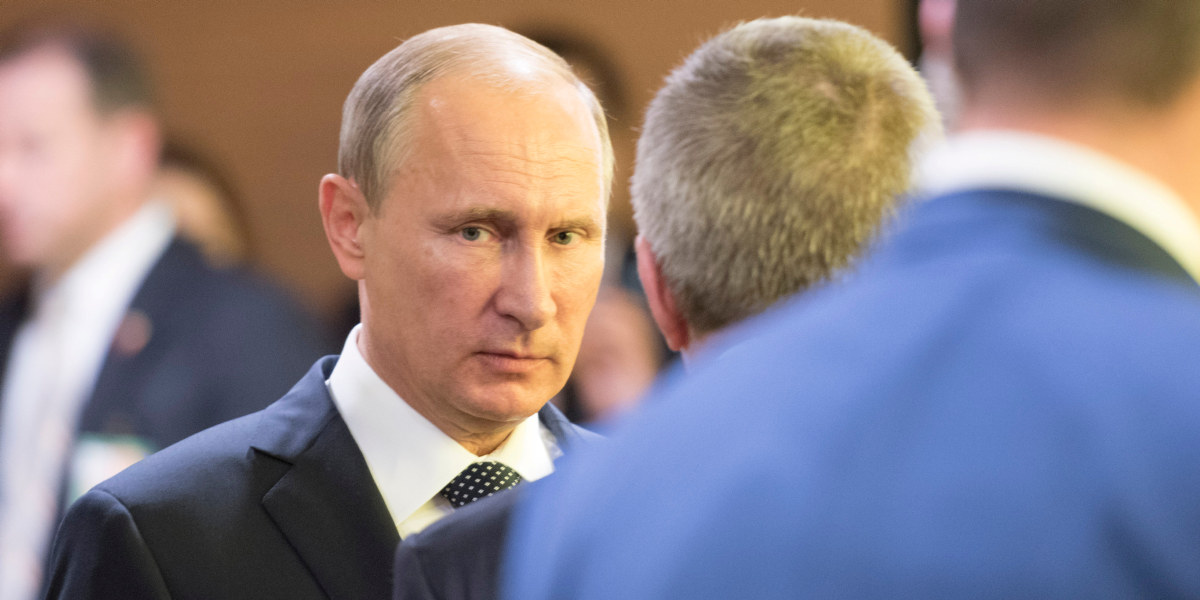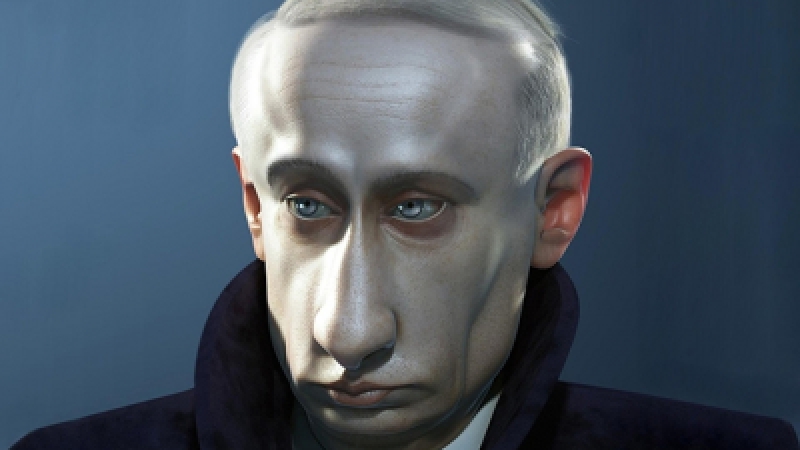The Geopolitical Influence Of Vladimir Putin: A Comprehensive Guide

Vladimir Putin’s impact on global politics is profound and far-reaching. Since rising to power in the early 2000s, he has reshaped Russia's role in international relations, often provoking controversy and debate. This article explores how Putin's leadership has influenced global affairs, examining his foreign policy, key areas of influence, and the challenges he faces.

Putin's Rise to Power
Historical Context
To understand Vladimir Putin's impact on global politics, we must first consider his rise to power. After the collapse of the Soviet Union, Russia faced immense challenges, including economic instability and a loss of global influence. Putin emerged in this chaotic environment, becoming president in 2000 and later transitioning to prime minister. His early tenure focused on consolidating power and stabilizing the economy.
Political Strategies
Putin's political strategies have been pivotal in reshaping Russia's image. He emphasized nationalism and portrayed himself as a protector of Russian interests. By leveraging state control over key industries, especially in energy, he reinforced Russia's position on the global stage. His strategic maneuvers, such as positioning Russia as a counterbalance to Western influence, have been crucial in defining his leadership.
Impact on Global Politics
Vladimir Putin's impact on global politics is evident through various international relations dynamics. His assertive foreign policy has challenged the existing global order, often causing friction with Western nations.
Energy Politics
One of the most significant aspects of Putin's influence is energy politics. Russia is one of the world's largest energy producers, and Putin has used this to assert power. For example, the Nord Stream pipeline project enhances Europe's dependency on Russian gas, giving Putin leverage in negotiations.

Case Study: Ukraine
The annexation of Crimea in 2014 marked a turning point in international relations. This bold move not only strained Russia's relations with the West but also led to sanctions that have reshaped the Russian economy. The conflict in Eastern Ukraine continues to be a contentious issue, highlighting the complexities of Putin's foreign policy.
Case Study: Syria
In Syria, Putin's military intervention in 2015 solidified Russia's role as a key player in the Middle East. By supporting the Assad regime, he has increased Russia's influence in the region while challenging U.S. dominance. This move showcased Putin's willingness to engage militarily to protect Russian interests abroad.
Case Study: US Relations
Putin's relationship with the United States has been characterized by tension and mistrust. The 2016 U.S. presidential election interference is a prime example of how Putin's strategies can disrupt global politics. This incident not only affected U.S. internal politics but also raised questions about electoral integrity worldwide.
Public Perception of Putin
Public perception plays a crucial role in understanding Putin's impact. Domestically, he enjoys significant support, bolstered by state-controlled media portraying him as a strong leader. However, internationally, perceptions are more mixed, often viewing him as a disruptor of global stability.
Key Areas of Influence
Russia's Role in Global Affairs
Putin has reinvigorated Russia's role in global affairs through strategic alliances and military engagements. By fostering relationships with countries like China and Iran, he has expanded Russia's influence beyond Europe.

Military Strategy
The modernization of Russia's military has been a cornerstone of Putin's foreign policy. The increased military presence in regions like the Arctic and Eastern Europe serves as a reminder of Russia's strategic ambitions and willingness to use force when deemed necessary.
Putin's Influence on Europe
Putin's foreign policy actions have significantly impacted Europe, particularly regarding energy security and defense policies. As European nations grapple with their reliance on Russian energy, the EU has sought to diversify energy sources. This shift highlights the intricate balance between seeking energy security and maintaining diplomatic relations with Russia.
Challenges and Controversies
Sanctions and Their Effects
Western sanctions imposed after the annexation of Crimea have had lasting effects on the Russian economy. While these measures aimed to punish Putin's actions, they have also solidified nationalist sentiments within Russia, allowing Putin to portray the West as an adversary.
Putin and NATO
Relations with NATO have been particularly contentious. Putin views NATO expansion as a direct threat to Russia's security. This perception has led to increased military exercises and a more aggressive military posture along Russia's borders, further complicating international relations.
Conclusion
In summary, Vladimir Putin's impact on global politics is significant and multifaceted. His foreign policy, strategic alliances, and military actions have reshaped Russia's role on the world stage. As the international community navigates the complexities of Putin’s influence, understanding his strategies and their implications remains crucial. The ongoing developments in global politics will continue to reflect the intricate dynamics established by Putin’s leadership. As we observe these changes, it is vital to stay informed and engaged in discussions around global affairs.